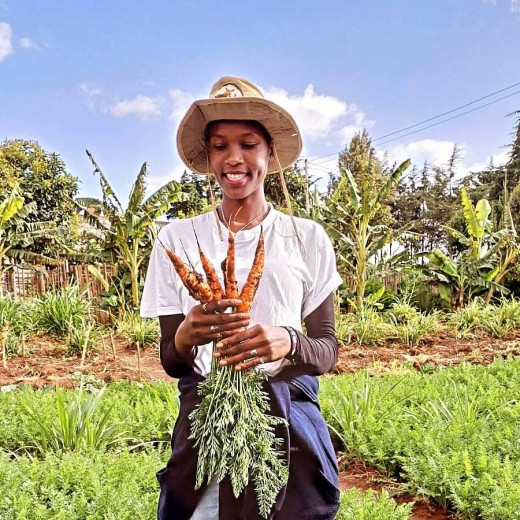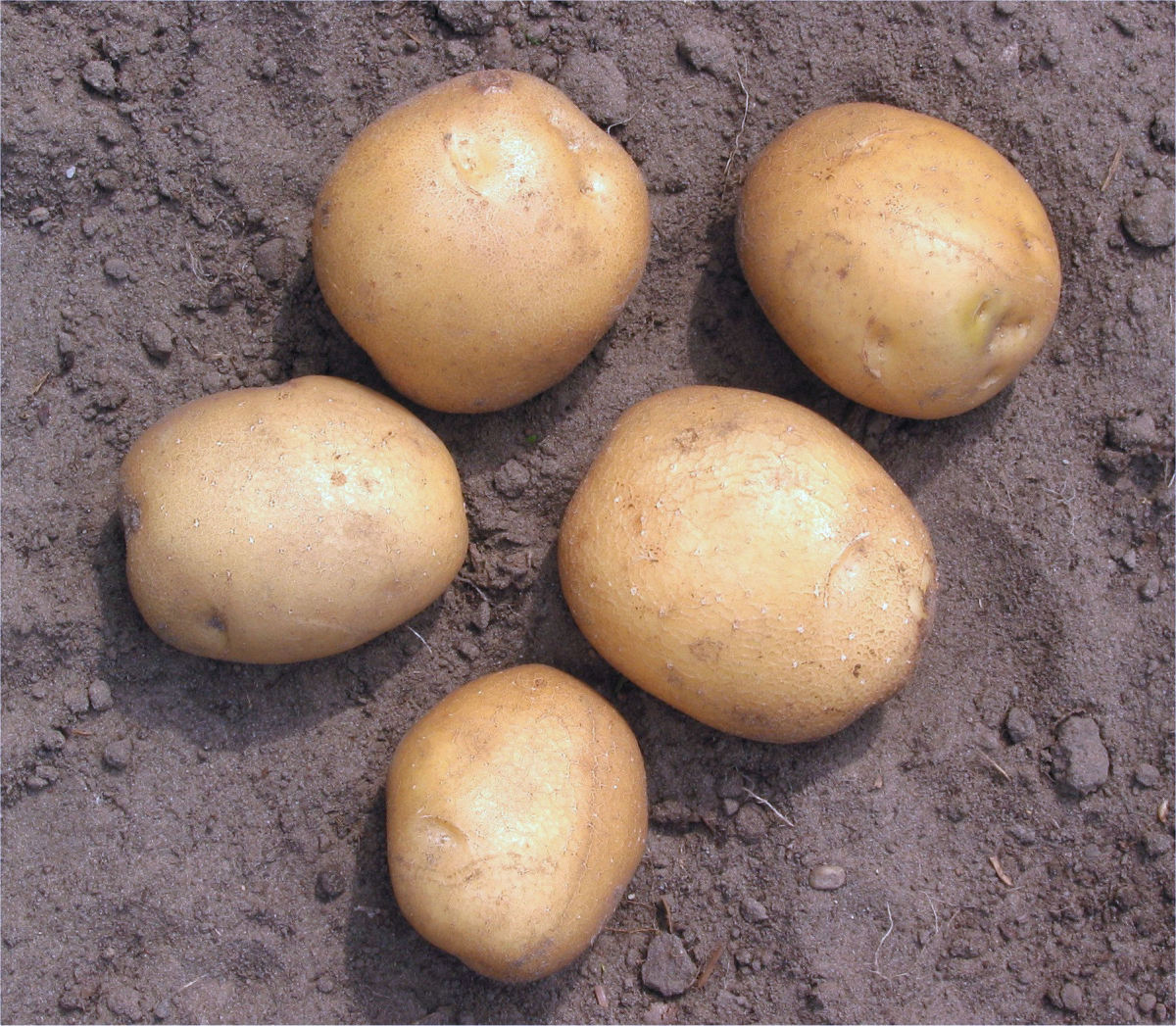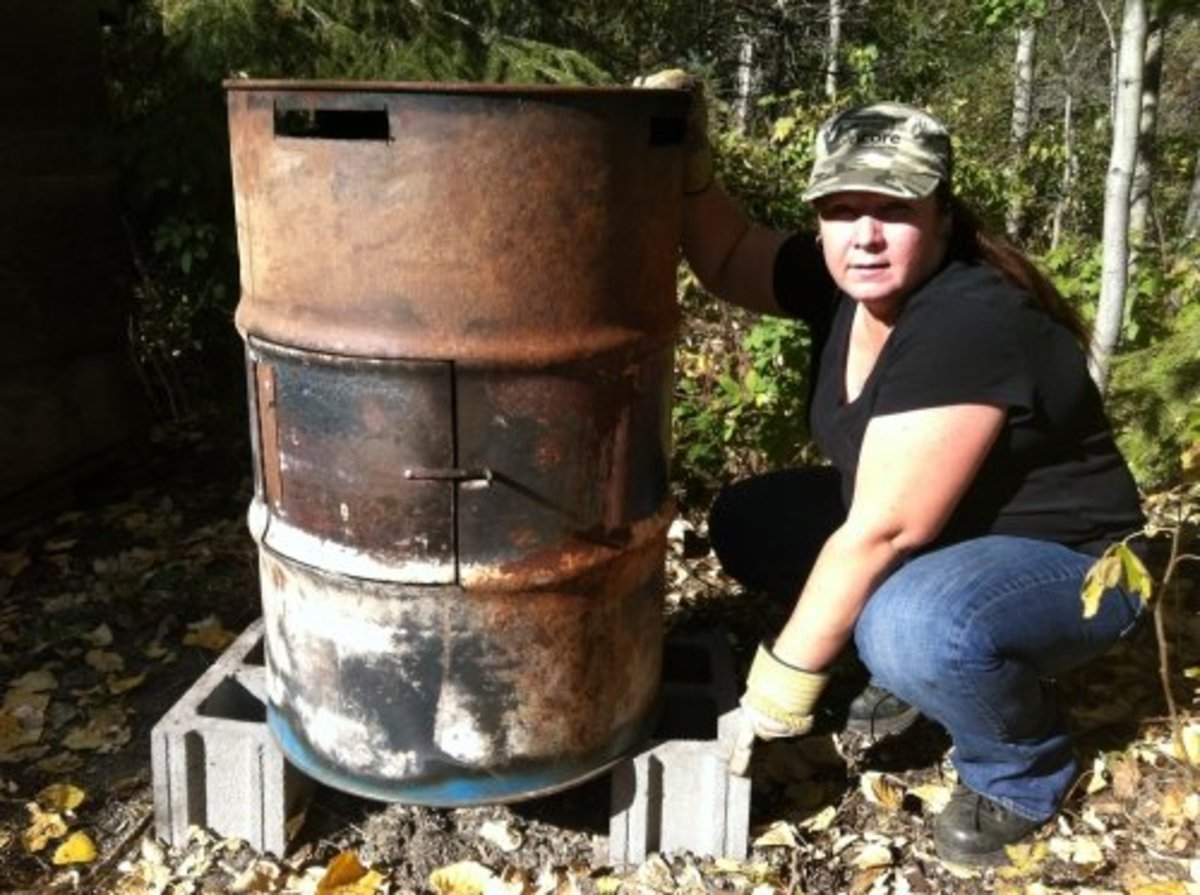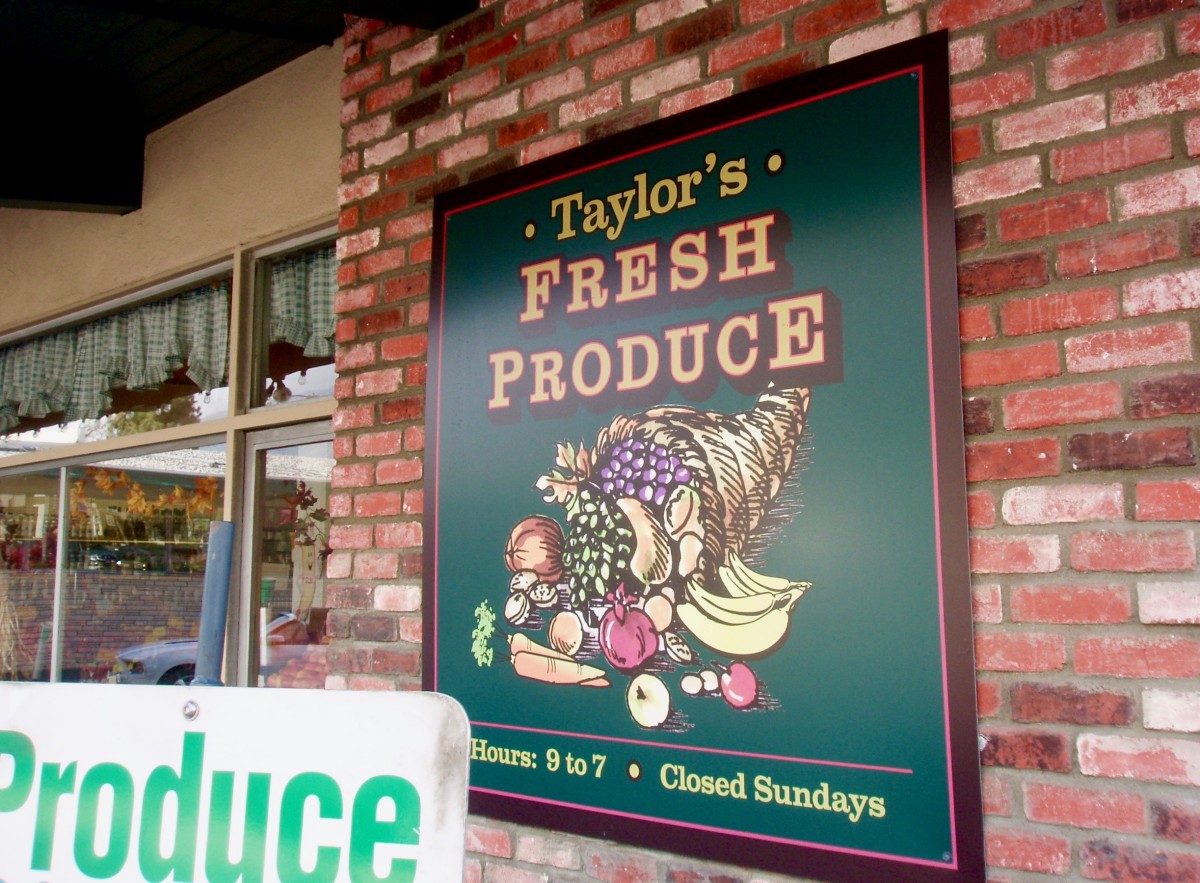Saja Rehema- How a Waste No Food Advocate Is Educating Kenyans on Making Good Use of Food Scrabs

SAJA REHEMA is an advocate of Slow Life, good, clean and fair food and currently the national coordinator for Slow Food Youth Network Kenya (SFYN). She shares to SILAS NYAMWEYA what slow food is all about, why Kenyans need to be concerned on food wastage and the impact of her organization to achieving food sustainability.
Please tell us about SLOW FOOD YOUTH NETWORK KENYA
Slow Food Youth Network (SFYN) is a global movement for the next generation of leaders who seek to create a better future through food and live in a world where food is truly good, clean and fair for all, Slow Food Youth Network Kenya (under Slow Food Kenya) is part of the Global Slow Food Youth Network movement which unites groups of young food enthusiasts, environmental activists, students, policy makers and food producers who participate in public debate about current issues and introduce young people to the world of gastronomy.
What core activities is your organization involved in?
Through SFYN events and activities, the groups raise awareness about important food issues such as how to feed the world, food waste and sustainable food production, Nutrition and health, Food security therefore stimulating positive actions.
We are regularly involved in conversations pertaining to food waste, cooking dishes from local food scraps and enjoy the process of being together for the need to raise awareness about food waste and promote sustainable food practices.
As you may be aware, food loss and waste is a significant challenge, particularly at the market level, where surplus produce often goes to waste due to poor storage, handling, and consumer habits. We aspire to address these challenges through youth engagement, education, and practical demonstrations on how to turn potential bad looking and deformed foods destined for waste into delicious meals.
What exactly do you do to these foods to make them consumable?
For your understanding, Slow Food Kenya doesn't make "bad foods" consumable in the sense of making unhealthy foods palatable. Instead, we are promoting a shift towards a more sustainable and healthy food system by encouraging the consumption of local, seasonal, and traditionally prepared foods. This involves educating consumers about the value of food biodiversity, supporting local producers, advocating for fairer and more equitable food systems as well as making use of the seemingly damaged or bad looking foods that are otherwise okay for consumption.
You need to understand that a lot of Kenyans and especially throw away food which they think is about to go to waste or damaged but could be good for consumption as its not spoilt yet. In light of this, there is need for increased awareness among Kenyans on why they need to be sensitive on food wastage as a means of creating a food resilient nation.
Do you think Kenyans are sensitive on food wastage matter?
I think the level of awareness is still low as there are still many Kenyans throwing away waste food which they could have otherwise consumed. The damaged tomatoes and other fruits in the market which ends up in the dumping sites which besides causing environmental concerns jeopardize food security in the country.
You have been aggressive on sensitizing Kenyans on the value of saving food as a means of saving our planet, please tell us more
Yes, like this year, we have been guided by the theme “Save Our Food, Save Our Planet," emphasizes the urgent need to reduce food waste as a means to combat Climate change, environmental degradation and promote sustainability.
It’s important to note that when talking about food waste it’s not only food that is wasted, but instead both environment; where by wasted food disposed in landfills emits greenhouse gas which affects the Ozone layer resulting to global warming, the economy and the society is affected either directly or indirectly and this makes food waste a critical issue to address to help in reducing food waste at local level.
When did your organization start and what has been the impact of your efforts so far?
The Slow Food Youth Network (SFYN) began in 2014 with the launch of the SFYN Kenya. I can say the impact of our efforts has been profound. In particular, we have recorded increased awareness among market vendors on food waste reduction and sustainable food practices. Besides, we have also seen active participation of youth and students, fostering a new generation of food sustainability advocates. What is more, our mission of achieving reduced food waste and a practical demonstration of the value of bad looking food has generated immense results.
How do you fund your programs?
As The Slow Food Youth Network (SFYN) Kenya we primarily collaborate with Slow Food Kenya and its various local chapters (Convivia) and food communities. Additionally, We partner with organizations like the Global Alliance for Improved Nutrition - Kenya, BIBA Kenya, and Kenyan Youth Biodiversity Network. We also work with educational institutions like Tangaza University and the Catholic University of Eastern Africa.








